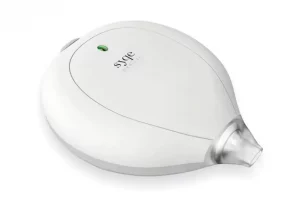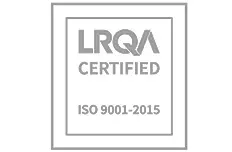Maintain close contact
- A material with approved Biocompatibility.
- Ideal for prototyping products requiring skin contact.
- Rigid and transparent.
- Medical, wearables and consumables applications.
Supporting cutting-edge development
Ensuring designs are suitable for skin contact is a feature across an increasing number of sectors. Vero ContactClear (CTT610) helps designers and engineers to prototype key components, printing with a rigid, transparent material that is suitable for more than 30 days of contact with intact skin. It is also compatible with mucus membrane contact for up to 24 hours.
These qualities make Vero ContactClear a valuable and cost-effective proof of concept and prototyping tool for companies designing medical devices, dental pieces, wearable technology, fashion apparel and consumables with skin contact, such as water bottles.
Vero ContactClear has been approved for these uses:
- Cytotoxicity EN ISO 10993-5:2009
- Irritation EN ISO 10993-10:2013
- Delayed-type hypersensitivity EN ISO 10993-10:2013
- Genotoxicity EN ISO 10993-3:2014
- Chemical characterisation EN ISO 10993-18:2009
- USP Plastic Class VI USP 34
Cost-efficient prototyping
3D printing materials like Vero ContactClear help projects to move faster and more accurately. Saving time and money on expensive third-party prototyping, design teams can stay ahead of the competition with on-site prototype and testing, using printing materials that can withstand the rigours of design development.
This material requires specific preparation and steps for printing in order to get the best results. To find out more, download our biocompatibility requirements.
The transparent Vero ContactClear is the ideal material for simulating a wide range of plastics used in biocompatible products. It can be used with Polyjet 3D printers such as the J55 Prime and J35 Pro, giving users flexibility with minimum thickness layers from 14 microns to 55 microns.
These printers allow companies and researchers to produce exact models and have multi-material capabilities to support complex prototyping. Available in transparent only, it is the ideal material for simulating a wide range of plastics used in biocompatible products.








